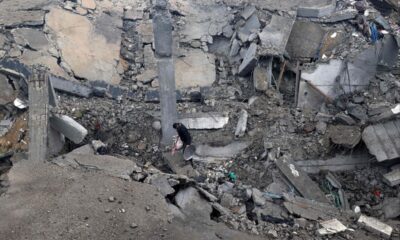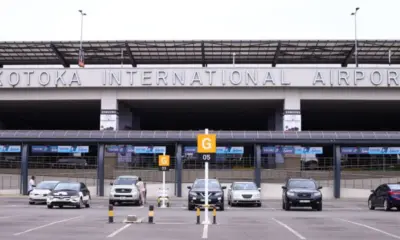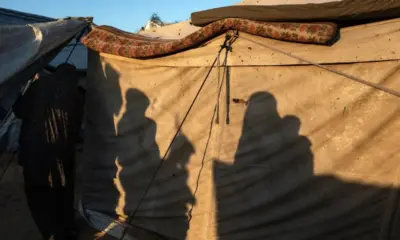News
Trump’s Gaza Plan Wins Broad UN Support but Key Players Remain Deeply Divided

The Trump administration’s plan for the future of Gaza received strong backing at the United Nations, where a large majority of Security Council members voted in favour of the resolution. At first glance, the numbers appear impressive. Thirteen countries supported the proposal, while Russia and China chose to abstain rather than oppose it. But the diplomatic success on paper does not fully capture the uncertainty and resistance surrounding the plan on the ground.
The central challenge is that the parties who lived through the war and will be responsible for implementing this blueprint have major reservations. Israel supports significant parts of the plan but remains firmly opposed to any process that could lead to a Palestinian state. The reference to a pathway towards Palestinian statehood was included at the insistence of several countries who argued the original draft handed too much influence to Israel and the United States.
Despite this, Prime Minister Benjamin Netanyahu has made it clear he will not accept any move that opens the door to Palestinian sovereignty. Analysts point out that even if Netanyahu loses power in next year’s elections, it is unlikely that any potential successor would dramatically shift Israel’s stance on this issue. As a result, the resolution may outline a two state path, but that path does not currently run through Israeli political reality.
Hamas has also rejected the plan. The group objects to the idea that international forces would oversee Gaza’s administration, provide security and take responsibility for disarming armed groups. For Hamas, this represents an unacceptable loss of control and a direct challenge to its authority.
Many core details of the plan remain unclear. Questions continue to pile up about the composition of the stabilisation force, the limits of its mandate, and the exact role the United Nations will play. Funding arrangements for reconstruction are not fully outlined. The structure and authority of the Board of Peace, the body intended to guide Gaza’s governance, are also still being defined, including what involvement former British prime minister Tony Blair might have.
There are further unresolved issues. It is not known when Israeli forces will withdraw or what conditions must be met before they do so. It is unclear how negotiations over the remaining deceased hostages will be handled or how long it will take before humanitarian aid can move through the region at the scale required. The fate of Hamas itself remains an open question, as do countless operational details that will determine whether the plan can actually be implemented.
For now, the UN vote is an important diplomatic moment. But the real test will come in the difficult negotiations and political decisions that follow.






















